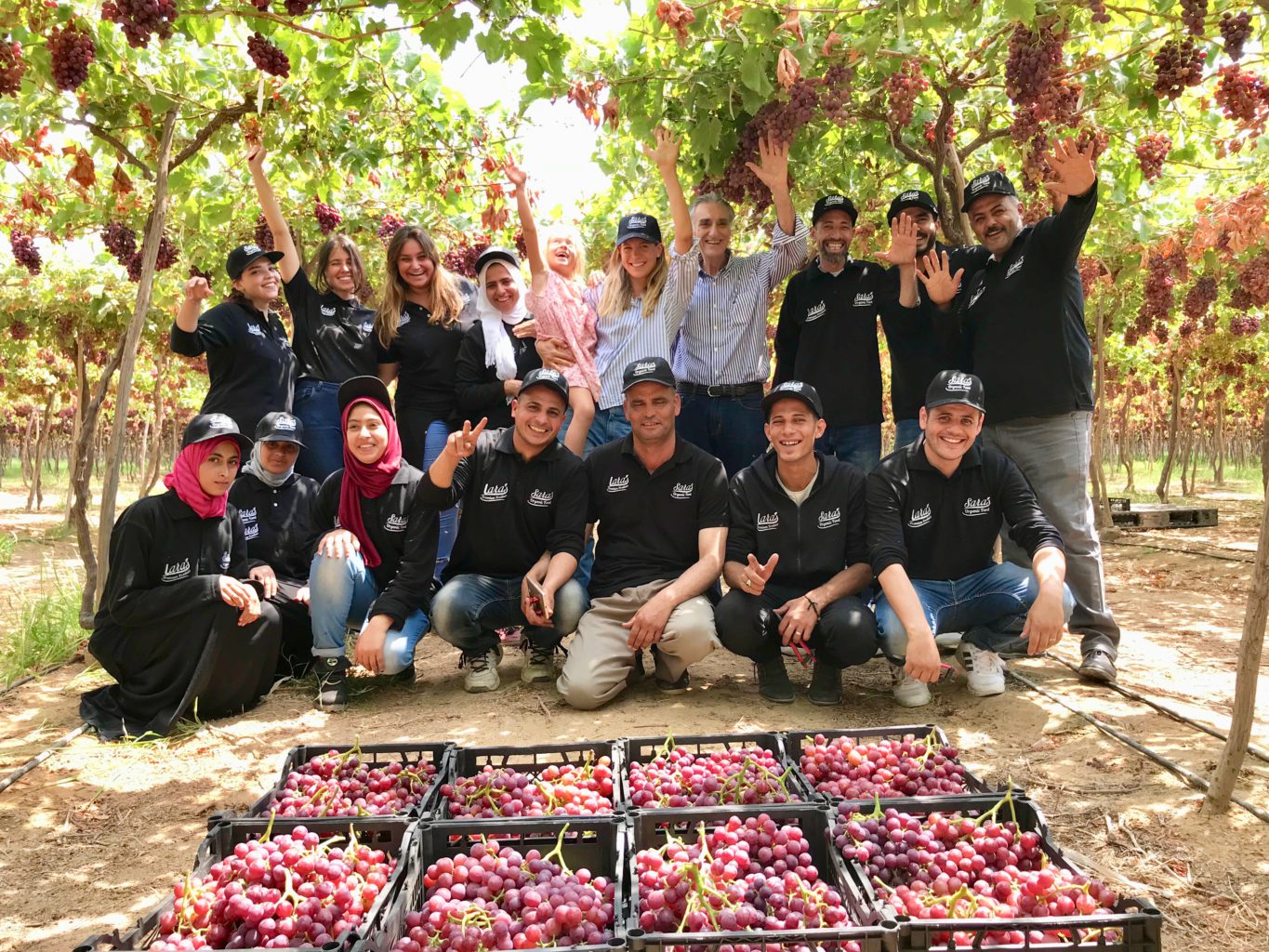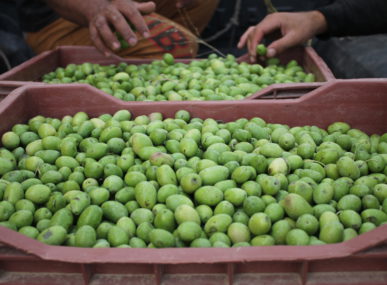Egypt has long struggled to contain the use of illegal pesticides in its food production industry. Used appropriately, agricultural chemicals improve crop productivity and guard farm produce against pests. Yet harmful pesticides do exist, and are blamed for causing serious diseases such as cancer — not to mention environmental hazards like soil and water contamination. Fallout from this problem recently hobbled Egypt’s export trade, as several Persian Gulf countries and Sudan banned Egyptian produce upon detecting unacceptable levels of pesticide residue.
With her various initiatives, Hannig Nour has tackled the threat of Egyptian pesticides at a domestic level. “There is a need in the [local] market for genuine, organic and pesticide-free food,” she said. Sara’s Organic Food is EU organic-certified and sourced from Sara’s Organic Farm — Hannig Nour’s property located between Cairo and Alexandria — and neighboring farms that follow EU standards. A second brand, Lara’s Premium Produce, is grown by partners that are switching to organic agriculture, or small-scale farmers who avoid pesticides under close monitoring from Hannig Nour’s agricultural engineers.
At present, clients can order customized, home delivery baskets filled with products from Sara’s Organic Food and Lara’s Premium Produce. This business model will soon shift for logistical reasons, as Hannig Nour focuses instead on supplying pre-packaged baskets at markets and directly supplying produce to supermarkets. But Hannig Nour has no plans to deviate from her overarching mission — building consumer trust in organic produce and developing responsible farming in Egypt.






